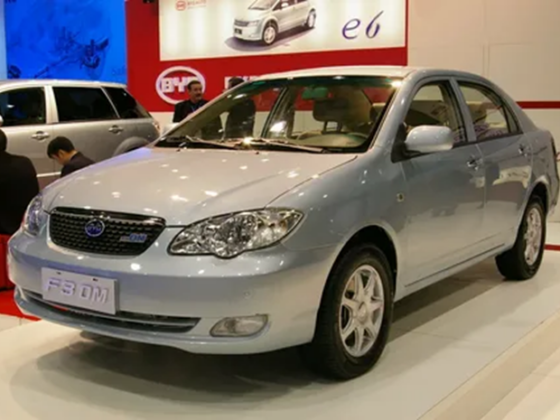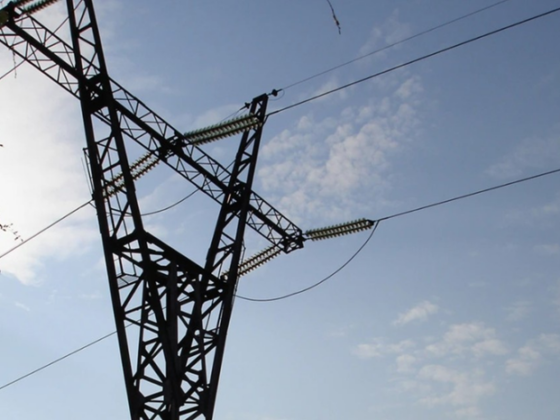One section of the regulatory act contains a list of works aimed at maintaining order in the territory adjacent to residential buildings, and its improvement.
Among the main points of this list, one can distinguish: the installation and regular export of garbage tanks intended for household waste residents; systematic cleaning in public places, for example, underground parking; Layout of lawns, installation of flower beds, caring for a palisade; removal of snow, fallen foliage, mowed grass and removal of meltwater from the house territory; installation and timely repair of benches and fences; construction and planned reconstruction of recreation areas and playgrounds; The obligation to ensure security, for example, processing ice reagents and knocking out icicles from the roofs and visors of the house.
It is important to remember that these measures are in no way exhaustive. All the necessary work aimed at the improvement of the territory adjacent to apartment buildings are offered and agreed between residents during the general entrance or common -house meetings.
Organization of the collection and removal of garbage
In particular, an acute issue before the residents of apartment buildings is to maintain cleanliness in the local area, timely or planned garbage collection. The solution to the problem is partly buying additional garbage collectors and updating special estimates. Garbage containers to buy in our time not a problem – to organize work in a territory where it is more difficult.
By the way, a note to the metropolitan residents-the company “Eco-Service” produces and sells goods for the field of public utilities. The guarantor of quality and low prices will help in resolving the issue of purity in the entrusted territory. The company also provides for the wholesale of containers, so that residents of several apartment buildings can significantly save.
Hiring workers and payment of their services
Since the adjacent territory is owned by tenants, they have the right to dispose of it at their discretion. That is, they themselves must decide, not only what work and when will be carried out, but also who will fulfill them.
Most often, in order to improve the territory, tenants use the services of management companies. At the same time, the bill for the work done is plused by a separate tariff for utility bills.
Conditions for the adoption of the list of work
When the senior at the entrance announces a meeting of the residents, each of them can put forward his ideas regarding the ennolation of the territory of the courtyard. But at the same time, voting for one or another option can be considered valid if the meeting did not have no more than a third of the total number of residents. Therefore, it is important to warn everyone in advance about the upcoming event.
The same rule applies to questions about the operation of the house territory. Thus, the decision, for example, on the lease of the adjacent plot of land can be appealed and recognized as illegal if less than 2/3 of the residents knowed about this. In this case, the profit should be distributed evenly and spent on solving common house problems.
Existing restrictions
The legislator determines that the result of the work carried out for the improvement of the territory near one house cannot infringe on the rights of residents of other houses.
For example, a fence installed in the courtyard should not interfere with free access to the courtyard, to houses or entrances. Otherwise, residents may apply for its modification. And the management company has the right to completely dismantle the structure if it blocks access to engineering communications.
It was established that through the court there should be a through passage for the convenience of residents of all houses. But it is possible to establish restrictions on access to recreation areas or playgrounds, provided that they do not interfere with movement along the house territory.
As well as car owners in this house, they can impose a ban on the entry and parking of vehicles of others. The exception here is representatives of emergency services, which, due to the specifics of their work, have unlimited access to any territory.


